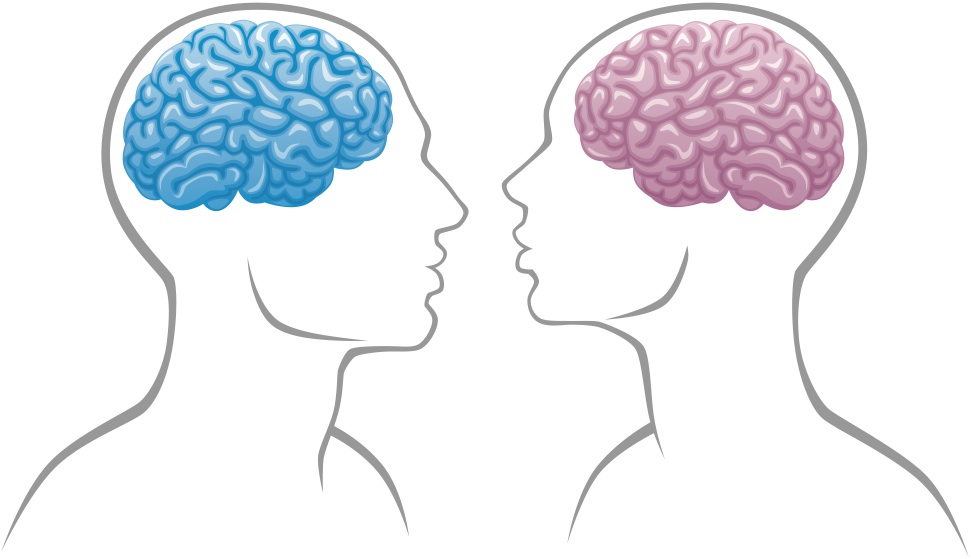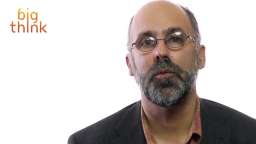David J. Linden
Professor of Neuroscience, Johns Hopkins University
David J. Linden is a Professor in the Department of Neuroscience at the Johns Hopkins University School of Medicine. His laboratory has worked for many years on the cellular substrates of memory storage in the brain and a few other topics. He has a longstanding interest in scientific communication and serves as the Chief Editor of the Journal of Neurophysiology. He lives in Baltimore, Maryland with his two children.
David is the author of The Accidental Mind: How Brain Evolution Has Given Us Love, Memory, Dreams and God and most recently, The Compass of Pleasure: How Our Brains Make Fatty Foods, Orgasm, Exercise, Marijuana, Generosity, Vodka, Learning, and Gambling Feel So Good.
As François Jacob famously said, evolution is a tinkerer and not an engineer. When you’re a tinkerer, you throw things together to solve the problem at hand.
▸
3 min
—
with
Why are we so aberrant? It’s because our neurons are lousy processors, so we need big, fat brains to make clever us.
▸
4 min
—
with
The same thing that makes you a great entrepreneur can also make you an addict.
If your mother was stressed during pregnancy, then you have a higher probability of being an addict when you grow up.
Pleasure is absolutely central to human behavior because it’s evolutionary ancient.
Confronting addiction, we are forced to confront the truth, which is that we are not pure glowing creatures of free will.
There’s a tendency, particularly when looking at brain function, to be over-awed by the brain and, this is understandable.
Our human existence is wonderfully complicated and our culture is wonderfully complicated by pastimes and ideas and information that are entirely divorced from the evolutionary concerns of getting our genes into the next generation.
We clever humans have figured out how to artificially activate our pleasure circuits.
Do digital media have any sweeping, unique pleasure-giving qualities? David J. Linden, Professor in the Department of Neuroscience at the Johns Hopkins University School of Medicine, says the effect is […]
▸
2 min
—
with









